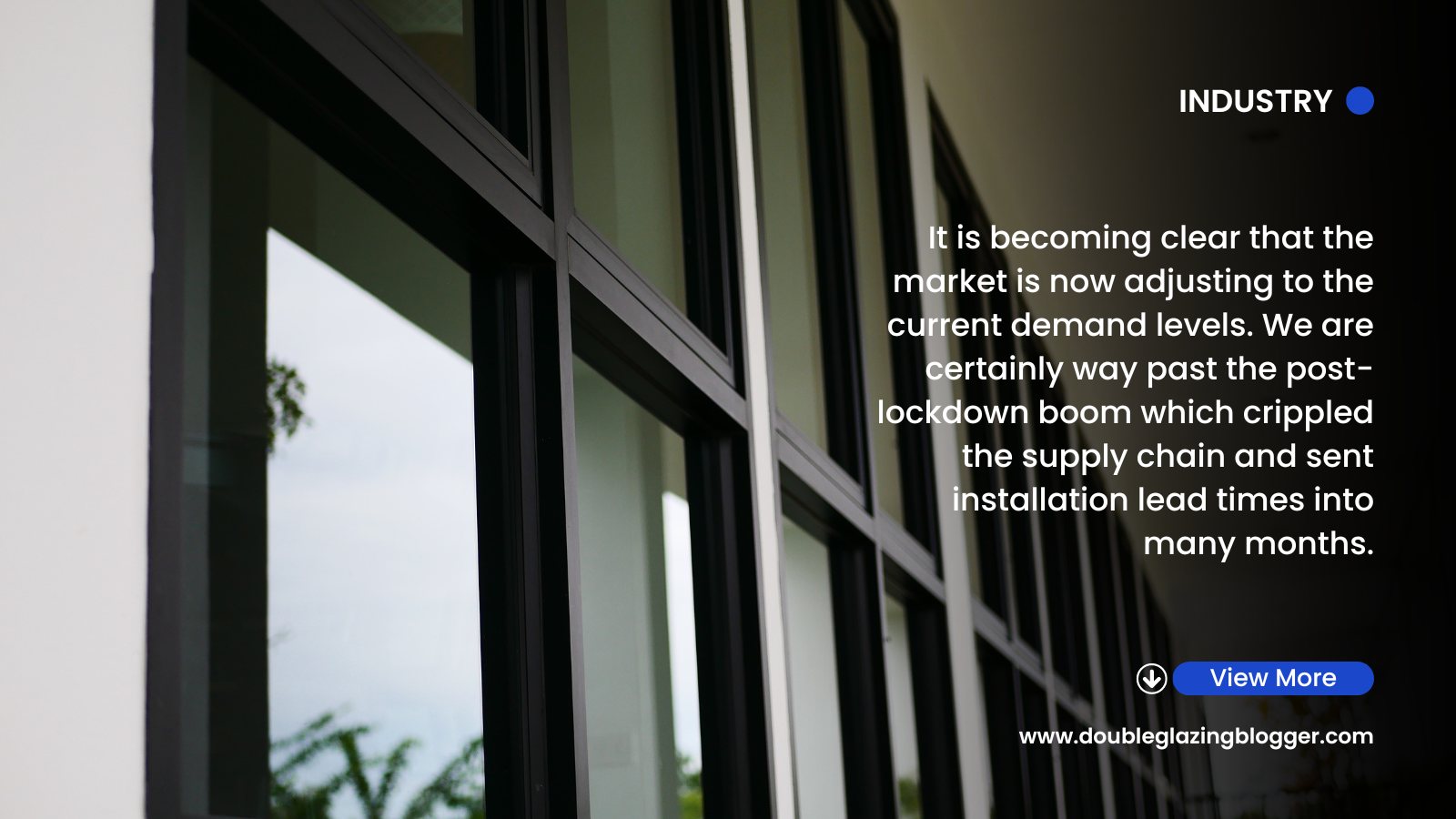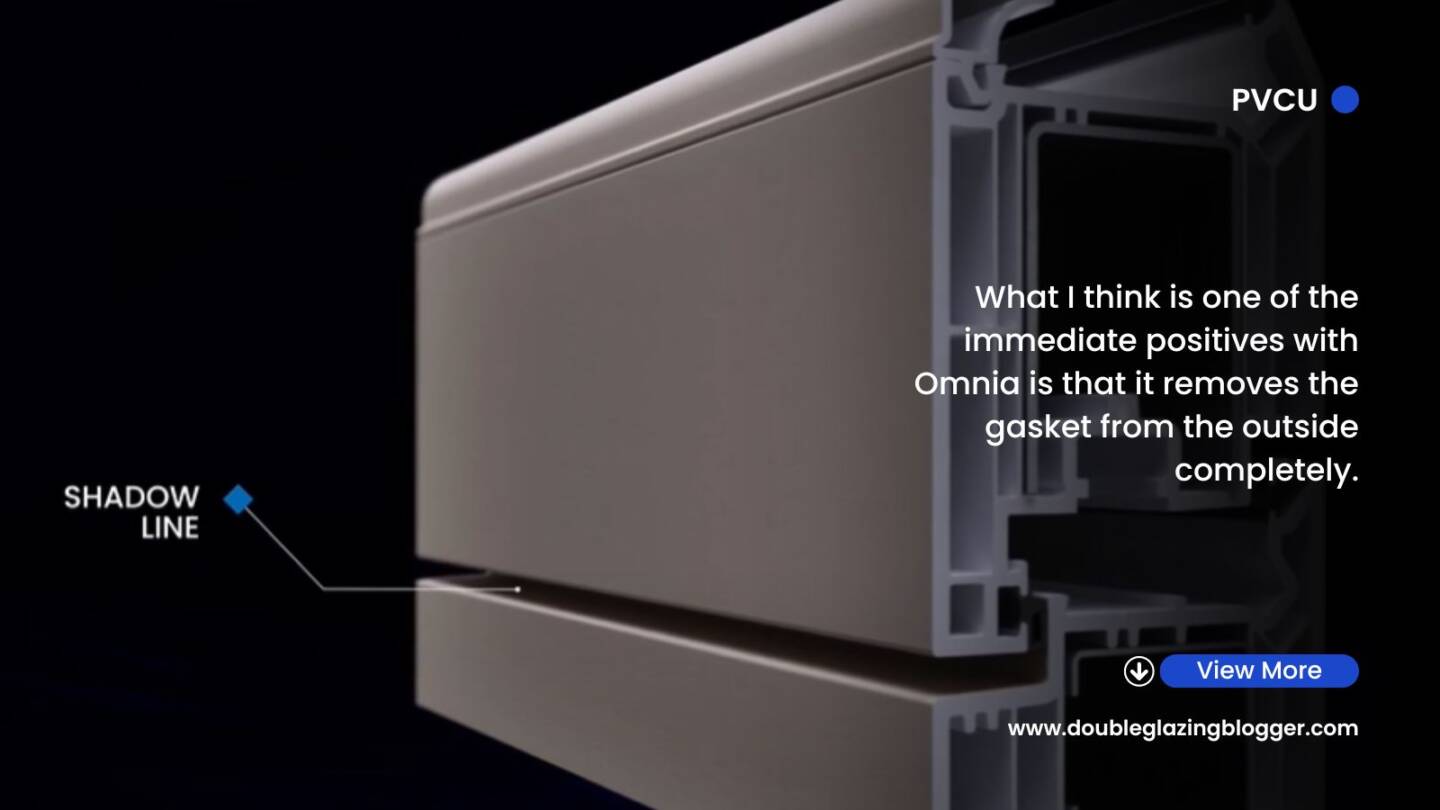I think it’s fair to say the rollout of the Green Homes Grant is not going well. Last year it was extended for another 12 months as it finally dawned on the Government that it was going to need more time to spend the £1.5bn allocated to improve the energy efficiency of people’s homes. With 13 months to go until the March 2022 deadline, it turns out just a tiny fraction of that money has actually been spent.
With little uptake from trade and reports of very slow payments to companies undertaking the work, it seems as though the second attempt at this “flagship” policy may soon fall through.
5%
That is how much of the £1.5bn has actually been spent from the funds made available so far. An investigation carried out by Labour and consequently reported by various media outlets has found out that since the start of the scheme, just £71m has been spent so far. This is despite the scheme being live for 5 months.
It is also being reported that companies taking part in the scheme are still waiting to be paid by the Government, despite work being carried out on homes months ago. This extract from a Guardian article is particularly concerning:
But a Guardian investigation revealed installers of renewable energy were left tens of thousands of pounds out of pocket by the government scheme, and were forced to let go of workers as they struggling to stay in business.
Members of the public have been left waiting nearly four months, in some cases, to take advantage of the scheme to fit low-CO2 heating systems.
In a written answer to Labour questions, the government said the number of vouchers issued by 22 January corresponded to a total value of £71.3m. The government did not reveal how many installers were waiting to be paid.
You can read the full article here.
Aside from the work required to gain entry to the scheme, if you were looking for reasons why companies weren’t signing on to take part in the scheme then the above will be a good reason why. It’s unacceptable that companies who have undertaken work are still not being paid by the Government. The fact businesses themselves are at risk of going under makes this even worse. Far from creating jobs, this may well be costing jobs.
It’s worth noting that the running of this scheme has been outsourced to American company ICF. I’m not sure why a non-domestic company has been used to run a UK-based scheme but then again very little is making sense at the moment.
From a glazing sector perspective, the industry isn’t highly exposed to these issues as there has been relatively low uptake from companies wishing to take part in the scheme. Nevertheless, this isn’t a great advertisement for the scheme and it won’t be winning many hearts and minds over from those who still need convincing of its legitimacy.
Important work
This being said, there are a few reasons why this scheme has to work. The previous version, the Green Deal, fell through during the time of the coalition Government. This is the second attempt at a scheme to help homeowners bring their properties up to a higher energy efficiency standard.
The scheme has to work because there are too many companies in other sectors that have committed to being part of the scheme and who have already undertaken work. The problem of payments has to be resolved. It cannot be right that companies doing the work are being made to wait for months to be paid. You can’t run a company on that kind of cash flow and some will close because of it. The Government has to remedy this issue as quickly as possible else risk installers leaving the scheme.
Due to the last scheme failure, this one has to work if there is any chance of the Government painting credibility in this field. They cannot afford to have two flagship schemes, both tackling energy efficiency in homes fail. Outsourcing the running of it to an American company when this is domestic policy is beyond me, and may well explain the logistical problems the scheme has. This scheme has to work if the Government is to convince the public that it is possible and affordable to update hundreds of thousands of homes that desperately need upgrading.
And that leads me on to the third reason. There are many hundreds of thousands of homeowners living in homes that are in great need of updating but cannot afford it. This scheme presents them with a chance to vastly upgrade their home without any major cost implication to themselves. If this scheme fails, that opportunity goes away with it. For many, this is a lifeline that solves many problems.
It would be wise to extend the scheme again to March 2023. This would allow more time for operational problems to be resolved. I would also boost the cash available to £3bn and widen the net of the number of homes that could access the grants. The fenestration sector also needs to continue to lobby for the inclusion of new windows and doors to be added to the primary list of products available. Currently, they are on a secondary list, only accessible once a range of primary measures has been installed. This, unfortunately, renders any benefit to the sector almost useless. This is despite new windows and doors making one of the most significant upgrades to a home’s energy efficiency. However, as they are also the most expensive when you look at the list of primary measures, it’s not certain that new windows will be added to the primary list. This is why there has to be continued lobbying to ensure the Government understands the benefits of allowing windows to be included.
We shall be hearing from Rishi Sunak in March for a shortened budget announcement. Hopefully some additional news on the Green Homes Grant will be included in that statement.
To get weekly updates from DGB sent to your inbox, enter your email address in the space below to subscribe:
By subscribing you agree to DGB sending you weekly email updates with all published content on this website, as well as any major updates to the services being run on DGB. Your data is never passed on to third parties or used by external advertising companies. Your data is protected and stored on secure servers run by Fivenines UK Ltd.






We tried to apply for cavity wall insulation and 2 new composite doors to replace our single glazed timber doors.
We’re in North Yorkshire and couldn’t find a single supplier for either part, so we can’t use the scheme. The website where you find the suppliers doesn’t work either.
It’s a complete waste of time.